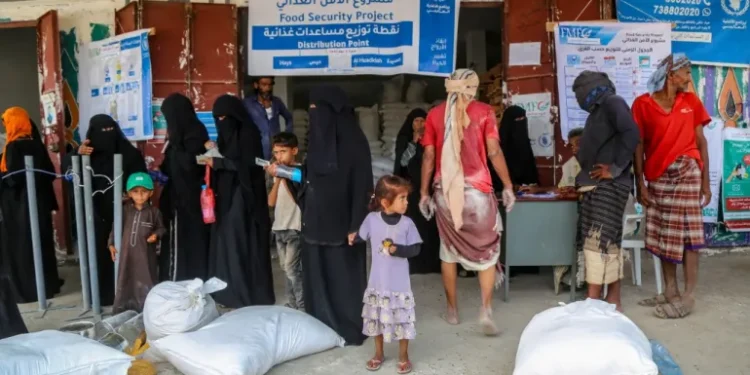Over the next five years, the World Bank intends to invest US$5 billion to replenish lands lost to degradation, improve agriculture productivity, and create or promote livelihoods across 11 African countries stretching from Senegal to Djibouti.
According to the President of the World Bank Group, David Malpass, “this investment, which comes at a crucial time, will help improve livelihoods as countries recover from COVID-19 while also dealing with the impact on their people and economies.”
He said this during the ‘One Planet Summit’ for biodiversity, a high-level meeting jointly hosted by France, United Nation and the World Bank on January 11, 2021, a forum that is aimed at mobilizing commitments towards advancing the protection of nature.
More specifically, the more than $5 billion facility will be channeled towards supporting agriculture, biodiversity, community development, food security, landscape restoration, job creation, resilient infrastructure, rural mobility, and access to renewable energy across 11 countries in the Sahel regions, Lake Chad and Horn of Africa.
Essentially, a lot of these efforts are in line with the Great Wall initiative, which is part of Africa’s environmental defense system initiative and aimed at protecting mainly the Sahel region and other parts of Africa from desertification and degradation.
Also, speaking at the forum, the President of the African Development Bank (AfDB) said that, “the future of the Sahel region depends on the Great Green Wall. Without the Green Wall, the Sahel region as we know it may disappear.”

For the World Bank, this adds on to the Bank’s numerous efforts to increase landscape investments in the countries aforementioned for the past 8 years. These supports have reached more than 19 million people and placed 1.6 million hectares under sustainable land management.
“Restoring natural ecosystems in the drylands of Africa benefits both people and planet,” said Moussa Faki Mahamat, Chairperson of the Africa Union Commission.
In partnership with other organizations, PROGREEN, a World Bank global fund committed to accelerating countries’ efforts to address landscape degradation will also invest an additional $14.5 million in five of the 11 countries, mainly from the Sahel region— Burkina Faso, Chad, Niger, Mali, Mauritania.
According to a UN Environment Programme report, it is estimated that desertification affects 33 percent of global land surface. As a result, over the past 40 years, erosion has removed nearly one-third of the world’s arable land from production.
However, Africa is the most vulnerable and most severely affected by land degradation and desertification. Desertification affects about 45 percent of Africa’s land area, which is about 30.37 million sq km, with 55 percent of this area at high or very high risk of further degradation.
Convened under the theme of “Let’s act together for nature!”, the Summit assembled heads of State and government, leaders of international organizations, financial institutions, companies, and NGOs, all demonstrated their commitment to lead concrete actions to preserve and restore biodiversity and lead systemic transformations of economies.
READ ALSO: AfDB to support the GGWI with $6.5 Billion























